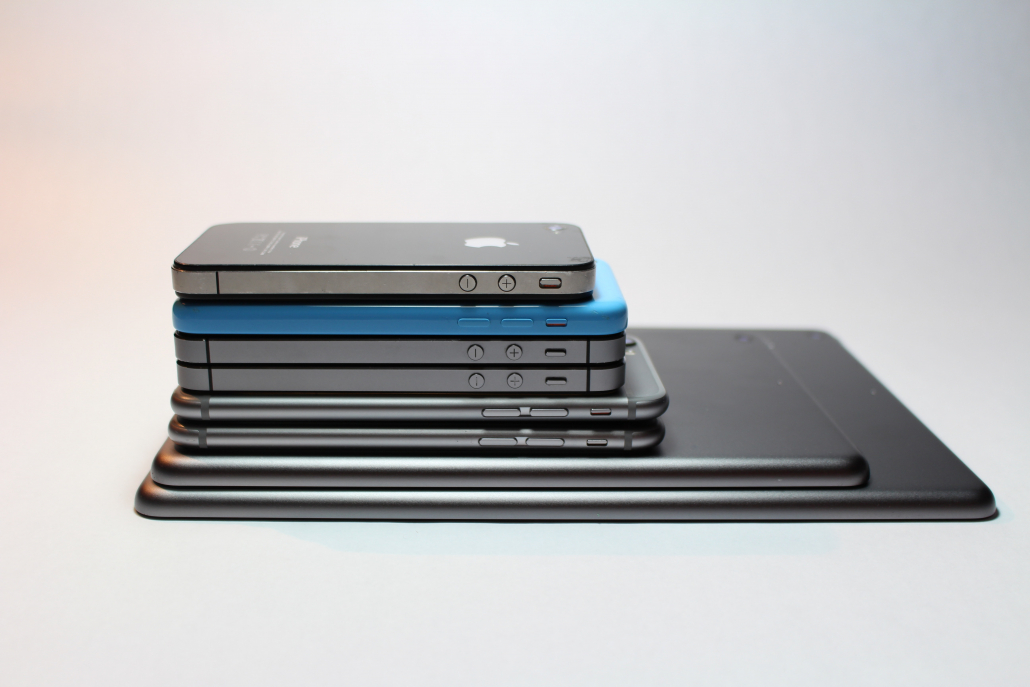Students should help eliminate throwaway culture

Have you ever felt the need to purchase the newest iPhone? Do you get a new phone because you want to keep up with the trend or because your old phone has slowed down after a system update? Whatever the reason, you have either participated or been forced to participate in the throwaway culture.
The booming technology industry is constantly presenting new technological devices. From phones and laptops to tablets, e-readers and smartwatches, people have become reliant on these devices for navigating their daily lives. This is especially the case for college students since their academic work and social lives constantly require electronic devices. A series of student discounts provided by tech companies also increase the temptation.
However, electronic devices do not last forever. Nowadays, the average time for people to upgrade their phones is around two years. The fact that many tech companies release new electronic devices on a yearly basis, often advertising better, newer functions and faster speed, provides a constant incentive for people to follow trends and purchase new devices.
Both individuals and tech companies are responsible for cultivating throwaway culture. A report issued by the United Nations Global E-waste Monitor 2020 claims that electronic waste has become the world’s fastest-growing domestic waste stream. This problem was primarily caused by the increased consumption of electric equipment, short equipment life cycles and few choices for repairing broken electronics.
Influential companies including Amazon and Apple propel throwaway culture. Amazon does not provide any repair services for its Kindles, which means consumers either have to fix their e-reader by themselves or trade it in to get a new one.
While Apple does provide repair services for their electronic devices, that does not necessarily reduce the frequency of people changing their phones. In some cases, getting an iPhone repaired can be just as expensive as buying a new one. In addition, Apple’s “batterygate” revealed that the company actually tries to slow down the performance of some iPhone models without informing consumers in order to encourage purchases.
Since both tech companies and individuals are participating in throwaway culture, there lies a series of environmental problems and financial burdens that need to be addressed. The Global E-waste Monitor 2020 indicated that the world has produced over 53.6 million metric tonnes of e-waste in 2019.
Among 2019’s e-waste, only 17.4% was recycled. The report also estimated that the total amount of e-waste produced in 2030 will reach 74 metric tons, which is “almost a doubling of e-waste in just 16 years.” If not recycled properly, most e-waste will end up in landfills or get incinerated, releasing toxic substances such as mercury to the environment, leading to a host of health consequences, including lead poisoning, respiratory problems and cardiovascular disease.
Although there is no one-time solution to this problem, there are certain measures that people can take to prevent themselves from participating in throwaway culture.
Students must overcome the temptation to get the newest electronic devices if their current devices are still functional. They should also consider getting their devices repaired instead of making an order for a new one right away. Students can also bring their old functional devices to certified recyclers, pass them on to someone else in the family or try to resell them online after wiping all personal data.
Tech companies should not only provide more incentives to encourage people to recycle their devices but also repair services to make devices last longer. Furthermore, they should also strive to prolong the usable life of their electronic devices. Meanwhile, the government can also encourage more documented formal e-waste collection to further boost recycling rates.
The frequent turnover of electronic devices is only one part of throwaway culture, and it must not be ignored. It is important for everyone to put effort into the reduction of e-waste, as it will not only save money but also help to promote a more sustainable environment.

